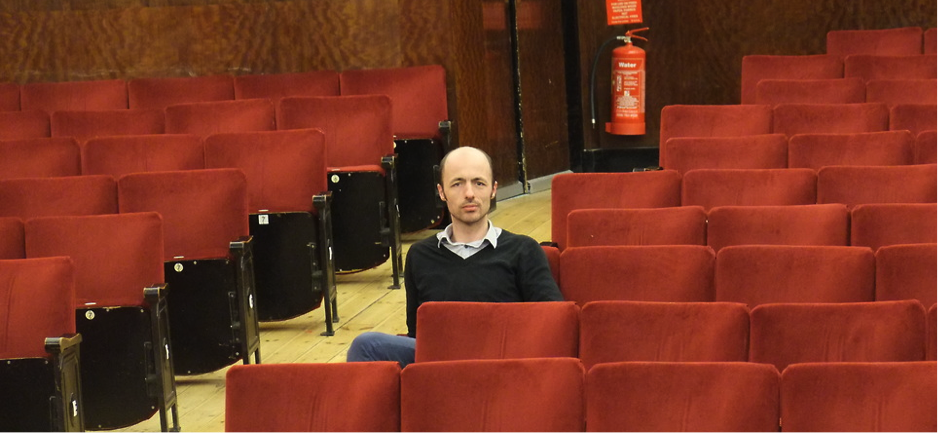I walked through Sydney’s back streets and upstairs to the crowded room where “Poetry Plurilingual” was about to begin. We sat on mismatched armchairs and wooden benches and squeezed up against each other. The night started with a series of readings of poems in foreign languages, followed by English-language translations. The focus of these readings was on the “original,” foreign, text. But the night took a sharp turn when two readers—Jack Breukelaar and Toby Fitch—boldly shifted the audience’s attention to the process and text of translation.
Jack introduced the audience to the work of Japanese writer and manga artist Kiriko Nananan, showing us a “1994 cool female authors” edition of Garo, an avant-garde manga periodical that began in the sixties, that he bought for a dollar at a discount bookshop. The book was visually striking—Jack didn’t know the work’s significance when he bought it—“but was drawn to [the] cover image by Nananan, reminiscent of Schiele or Baudelaire.” More of Nananan’s work has been translated into French than into English, and Jack had not found any previous English translation of his chosen poem: READ MORE…



